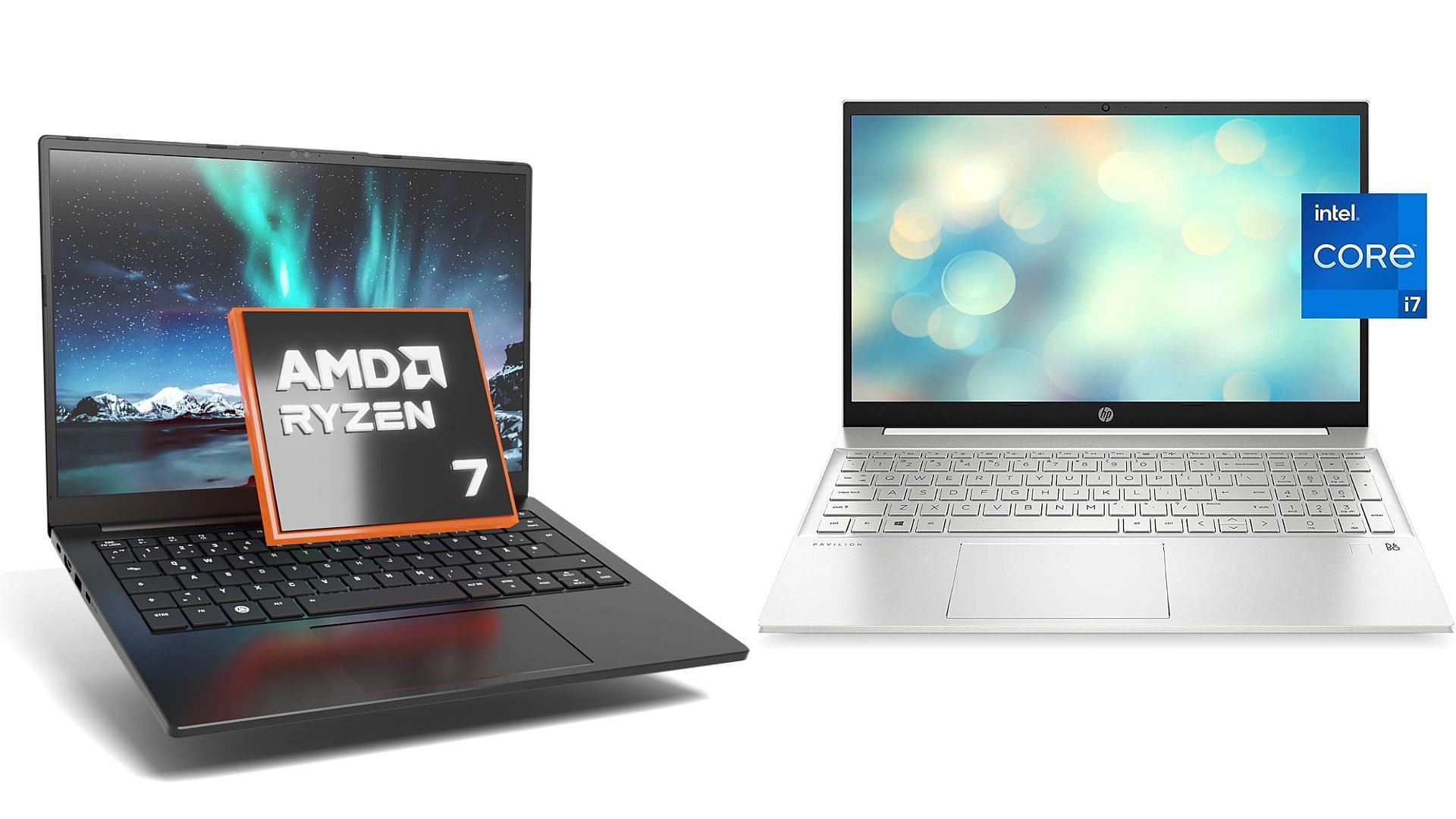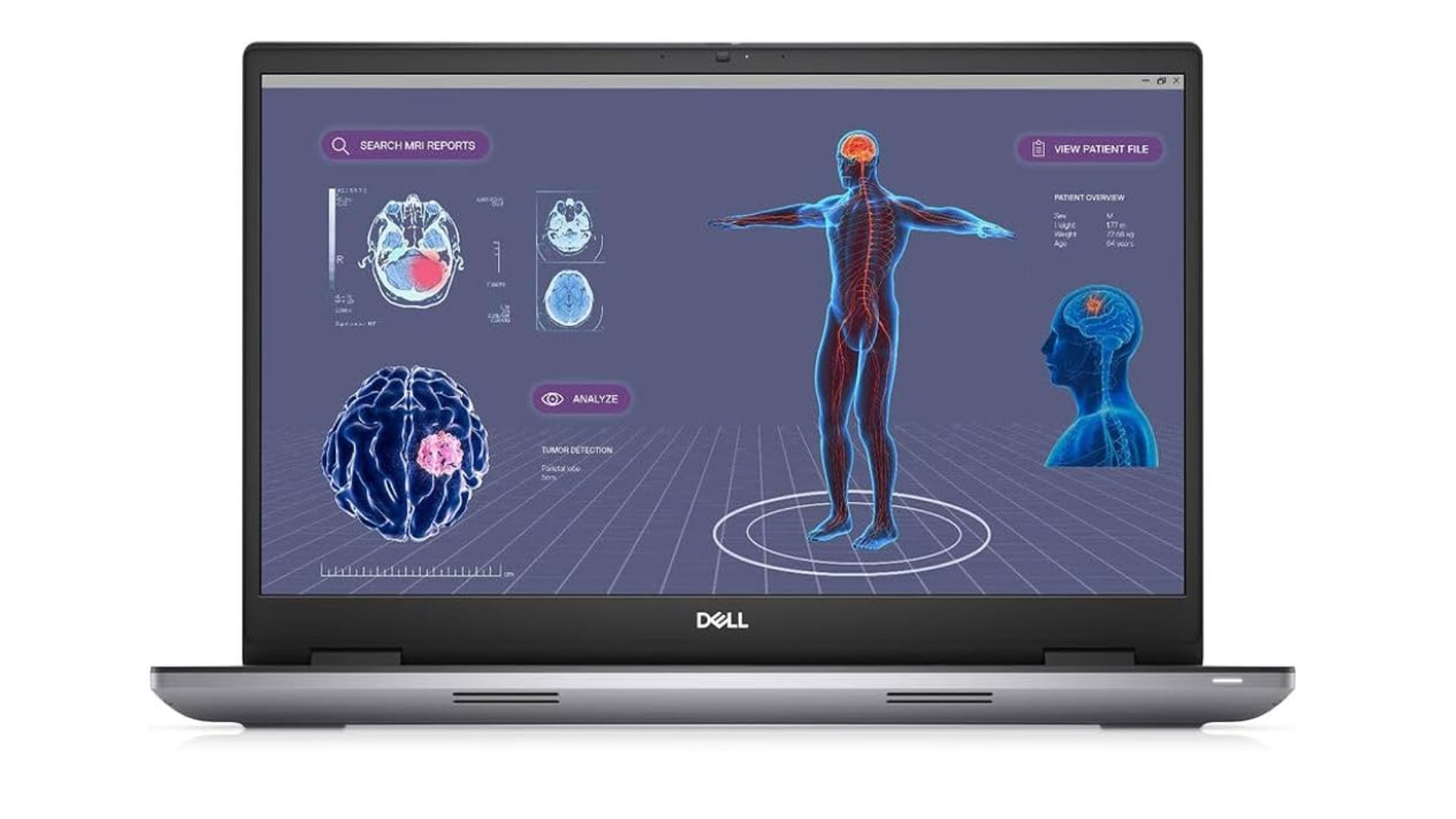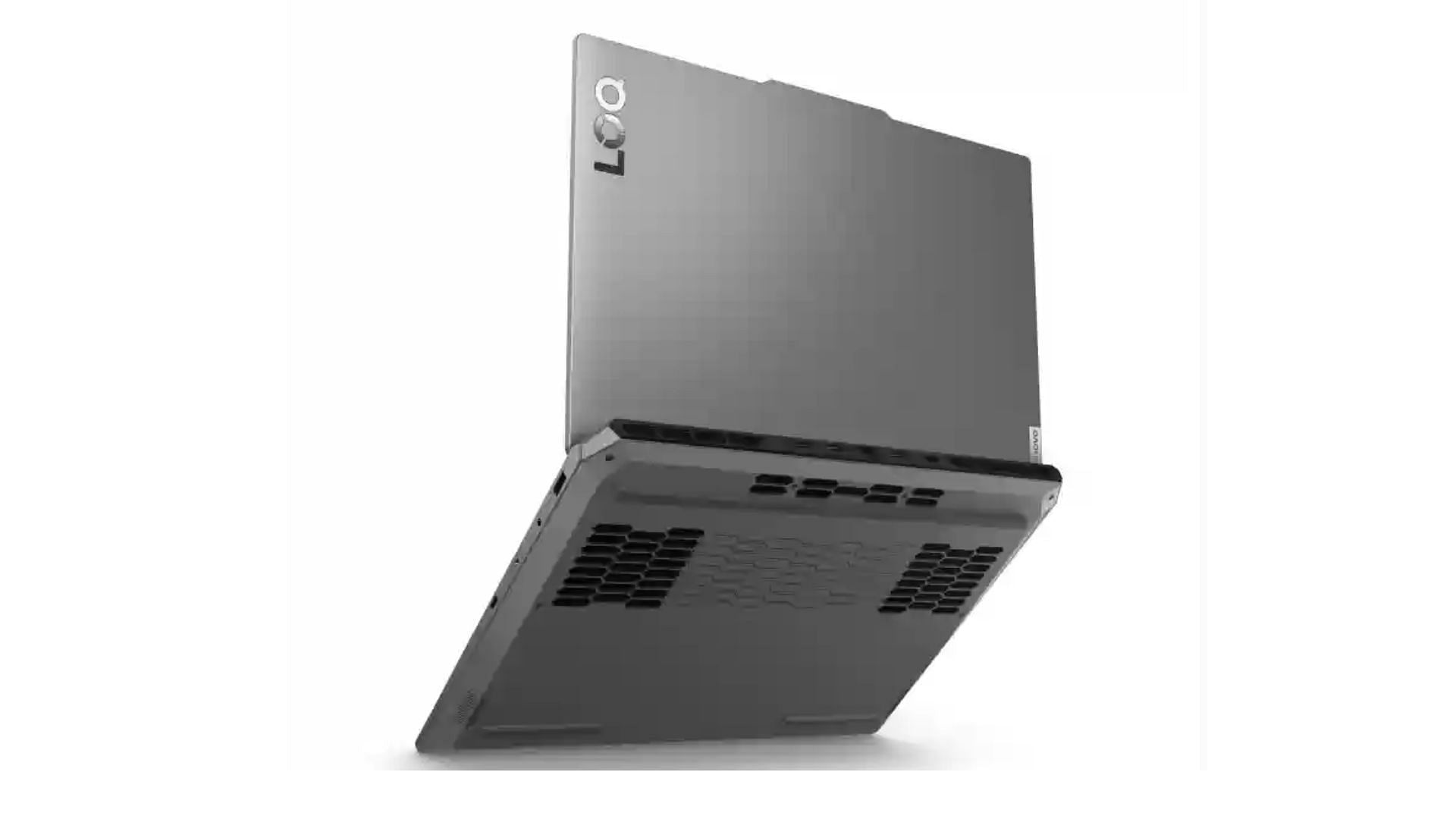
AMD Ryzen 7 8845HS vs Intel Core i7-13850HX: Which is the best laptop CPU?
The AMD Ryzen 7 8845HS vs Intel Core i7-13850HX comparison is quite intriguing. While both are top-tier CPUs, they excel in different areas and cater to distinct user preferences. Being relatively newer, the former leverages the modern manufacturing process, which makes it highly efficient, while the latter prioritizes raw power. That said, both are fantastic choices for a laptop chip.
In this article, we will look into the specs and performance of these processors to decide which one is the superior choice.
Note: This article is subjective and solely reflects the writer’s opinion.
AMD Ryzen 7 8845HS vs Intel Core i7-13850HX: Specifications

Both CPUs employ vastly distinct architectures. The Team Blue processor is built on Raptor Lake architecture with a hybrid core design, coming in with eight performance and 12 efficiency cores. Its AMD counterpart is based on Zen 4 architecture with eight cores in total. The Intel chip has 24 threads in total, 50% more than its competitor.
Both support DDR5-5600 RAM, which ensures compatibility with future advancements. However, the AMD processor is stuck with the old PCIe version 4.0.
The other key hardware specifications are as follows:
The Intel chip has more cache memory and faster turbo frequency. However, interestingly, the chip from Team Red offers a faster boost frequency. That means you can expect the i7-13850HX to perform well for tasks needing quick access to data and bursts of power. Meanwhile, the AMD chip can lead in tasks where single-core speed is crucial.
That said, the Ryzen 7 8845HS is more efficient owing to its 4nm fabrication process and lower TDP.
AMD Ryzen 7 8845HS vs Intel Core i7-13850HX: Performance comparison

Based on the technical specification, the Intel chip looks more powerful. It has more cores/threads, high turbo frequency, and more cache memory. To get more insights, I have compiled some synthetic test results from the NanoReview website.
The Intel Core i7-13850HX excels over its counterpart in both multi-core and single-core performance. The multi-core advantage is particularly significant. It demonstrates a substantial performance lead across various benchmarks, especially the Cinebench R23 test where the performance gain is around 60%.
However, the AMD chip excels in integrated GPU performance, boasting a 459% increase in FLOPS. This makes it vastly superior for graphics-intensive tasks.
AMD Ryzen 7 8845HS vs Intel Core i7-13850HX: Final verdict

Selecting one CPU over the other can be challenging as both excel in handling day-to-day tasks effortlessly. However, they each have distinct advantages that set them apart.
If your prioritize raw power and want top-notch performance across various CPU-intensive tasks, the processor from Team Blue is the ideal option. Conversely, if you need a highly efficient card with excellent integrated graphics performance for GPU-intensive tasks, the AMD chip is a better fit.
Check out other articles:
- Snapdragon 8s Gen 3 vs 7+ Gen 3
- 6-core vs 8-core CPUs
- Intel Core i5-14600K vs Core i7-13700K